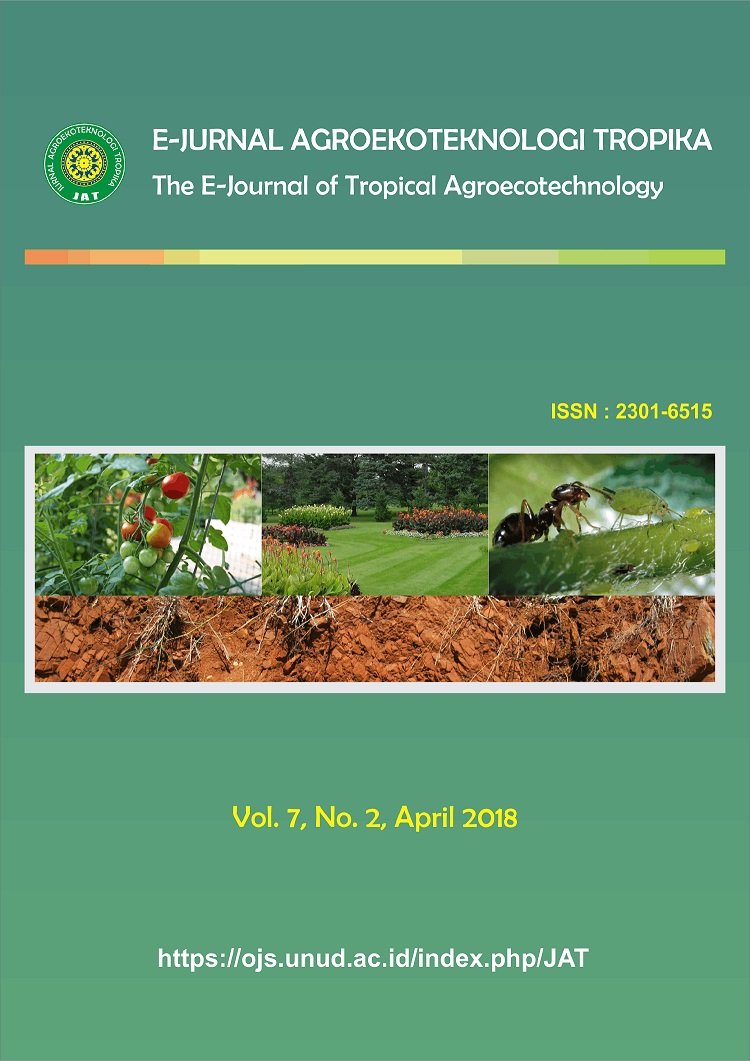Pengaruh Penundaan Prosesing Terhadap Daya Simpan Benih Kedelai (Glycine max L. Merril)
Abstract
The Effects of Processing Delays on Storage Ability of Soybean Seed (Glycine max L. Merril)
Soybeans are the third important food crop in Indonesia after rice and maize. Proper handling or seed processing will affect the quality of the seeds obtained. Generally soybean seed can be stored for 3-4 months with the correct handling process. Delays in seed processing affect the appearance of seed quality both physical and physiological. Weather factors and facility limitations are the reasons for delaying seed processing after harvest. Soybean seed storage is important because soybean seeds are likely to be stored before the seeds are planted. This study aims to determine the effect of delayed processing that can be tolerated to store ability of soybean seeds. The experimental desain used was Completely Randomized Design (RAL) by a single factor with a processing delay which is consisting of five treatments and five repetitions. The observed variables were moisture content (%), germination (%), vigor saving test (%), growthability test (%), and electrical conductivity test (?mhos cm-1 g1).
The results showed that delays of processing time after harvest in soybean seeds can effect the shelf life. The longer the processing time was delayed, the lower the storage ability of the seed. Seeds without delay in processing time can maintain seed viability for eight weeks of storage with the lowest electrical conductivity of 2,47 ? mhos cm-1 g1. Processing one day delays and two day delay after harvest can be tolerated because the seeds produced have a germination greater than 80% and still meet the standard of seed quality.



